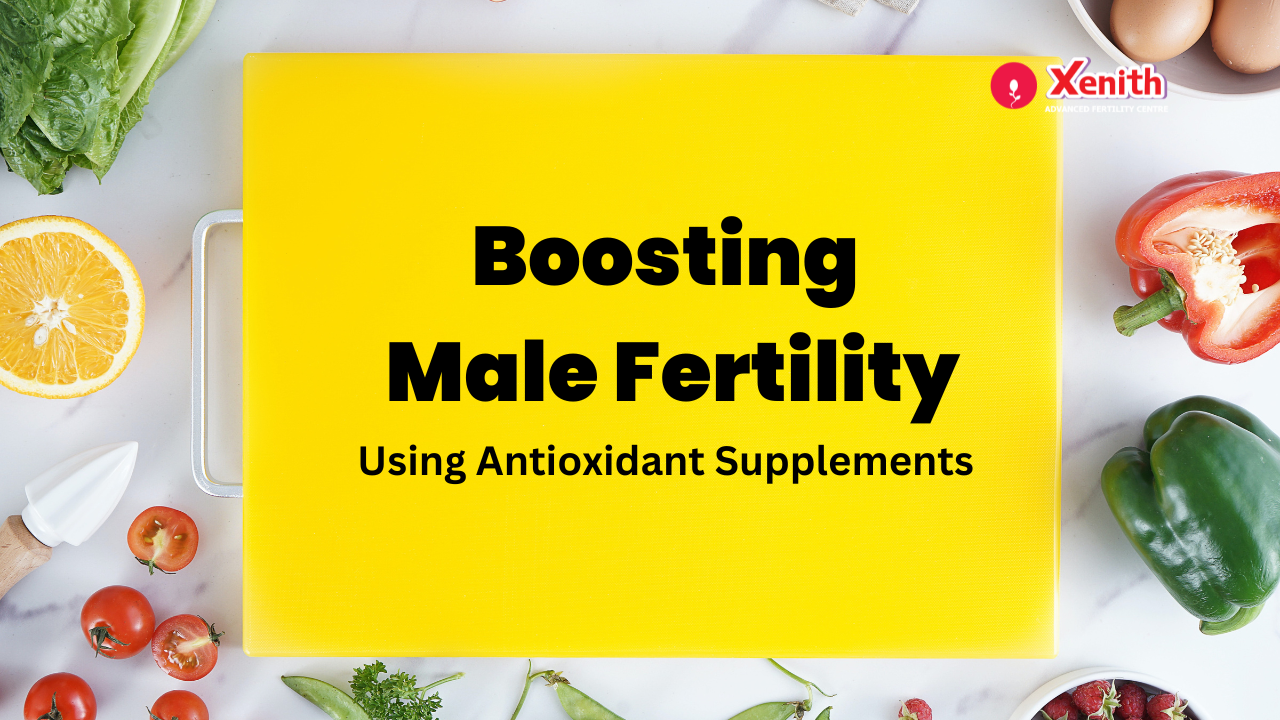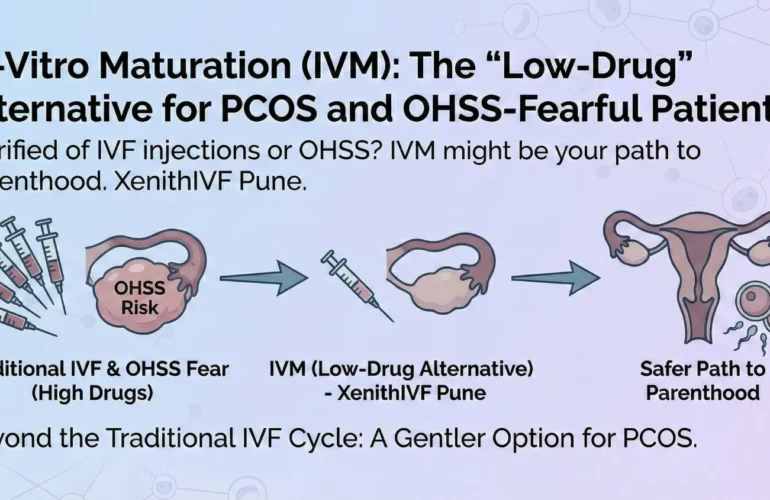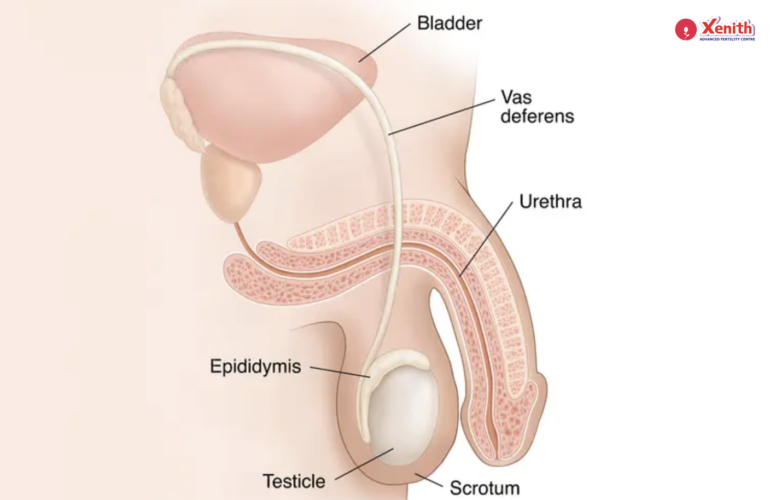Male infertility is the inability for the man to get his female partner pregnant after one year or more of regular, unprotected sex. This could be due to issues with the sperm itself so that it cannot fertilize the egg or issues with physical defects like erection or ejaculation so that the sperm cannot reach the egg. Sperm is produced in the testicles and its production is dependent on the presence of hormones like testosterone. The sperm count has to be within the normal range of 15 million to more than 200 million sperm per mL of semen as per WHO guidelines. The shape of the sperm is also important for conception and it normally has an oval head, a midpiece and a tail. The sperm should be motile and be able to swim forward to reach the egg.
Free radicals are unstable molecules that are formed constantly in the body and they can damage DNA in the cells and tissues if the levels become too high hence linking them to various illnesses like cancer, diabetes and heart disease. Its production also increases when the body is exposed to some toxic substances like cigarette smoke, certain chemicals, pollution and other things. However, free radicals also serve an important role to aid in cell division and they fight off infections by the immune cells in the body.

Free Thursday Consultation
Book Your AppointmentAntioxidants are molecules that fight these free radicals in your body. So, the body has to maintain a fine balance between free radicals and antioxidants and high levels of either is not good for the body. Antioxidants are found in food especially in plant based foods like fruits and vegetables. Some vitamins and minerals act as antioxidants like vitamin C, vitamin E, zinc, and selenium. Studies indicate that eating antioxidant rich foods is better than taking antioxidant supplements. Low dose supplements could be beneficial if you are unable to follow a healthy diet. But try to avoid high dose antioxidant supplements because it could be more detrimental than beneficial although more studies are needed to assess the consequences of this.
Male fertility could be affected by age, obesity, toxins in your environment, chronic illness, infections, genetics, testicular trauma or other reasons.
Here are a few:
- Zinc- is important for male fertility because it is needed for sperm production, morphology, count and proper functioning of the sperm. It was found to improve sperm concentration and motility in men whose sperm weren’t very motile. (1) It is also thought to increase testosterone. But still other studies show that there is no benefit with zinc. So more studies need to be done. Since the body cannot store zinc, and the recommended dietary allowance is 11 mg, it might help to get it through your food or through a supplement if needed. It is found in chickpeas, lentils, mushrooms, spinach meat, fish and yoghurt.
- Coenzyme Q10- is an antioxidant that is naturally produced in the body. It was found to increase sperm concentration, motility and improve sperm morphology. It is found in meat, eggs, broccoli, olive oil, and peanuts.
- Vitamin C- has been known to boost immunity. It has been shown to decrease cell damage, and improve iron absorption. It has also been shown to improve sperm motility and morphology in some studies and failed to show any improvement in semen parameters in others. So there are conflicting results seen with this also. Vitamin C is found in citrus fruits, strawberries, cantaloupes, and broccoli.
- Folic acid – supplementation can increase sperm count and works with zinc to help in DNA sperm production. There are again mixed results found although there is not much harm in taking it.
- Selenium – is another important nutrient for healthy sperm production. Infertile men tend to have lower levels of selenium in their blood. It is also associated with improved sperm quality. However, here too there are mixed results seen and too much selenium may cause fertility disorders. So proper levels of selenium need to be administered. It is found in rice, fish, meat, and brazil nuts.
- Vitamin E – could decrease damage to sperm and has been found to improve sperm motility and concentration when used together with other vitamins and minerals like selenium. It is found in sunflower seeds, almonds, hazelnuts, spinach, and broccoli.
So, there is conflicting evidence of the role of various antioxidants in male fertility. There is no consensus on what combination and concentration of antioxidants should be used to improve fertility and more research needs to be conducted in this area. Too high a concentration of certain antioxidants could actually do more harm than good in terms of male fertility and it could negate the effects of other medication that you might already be taking. So, it is good to consult with your doctor before starting any supplements. It is better to eat a balanced diet rich in antioxidants rather than take supplements and make other lifestyle changes that are good for your health like exercise, getting enough sleep, decrease stress, quit smoking to name a few. For any information about antioxidants and its effects on male fertility, please contact Xenith Advanced Fertility Centre.




